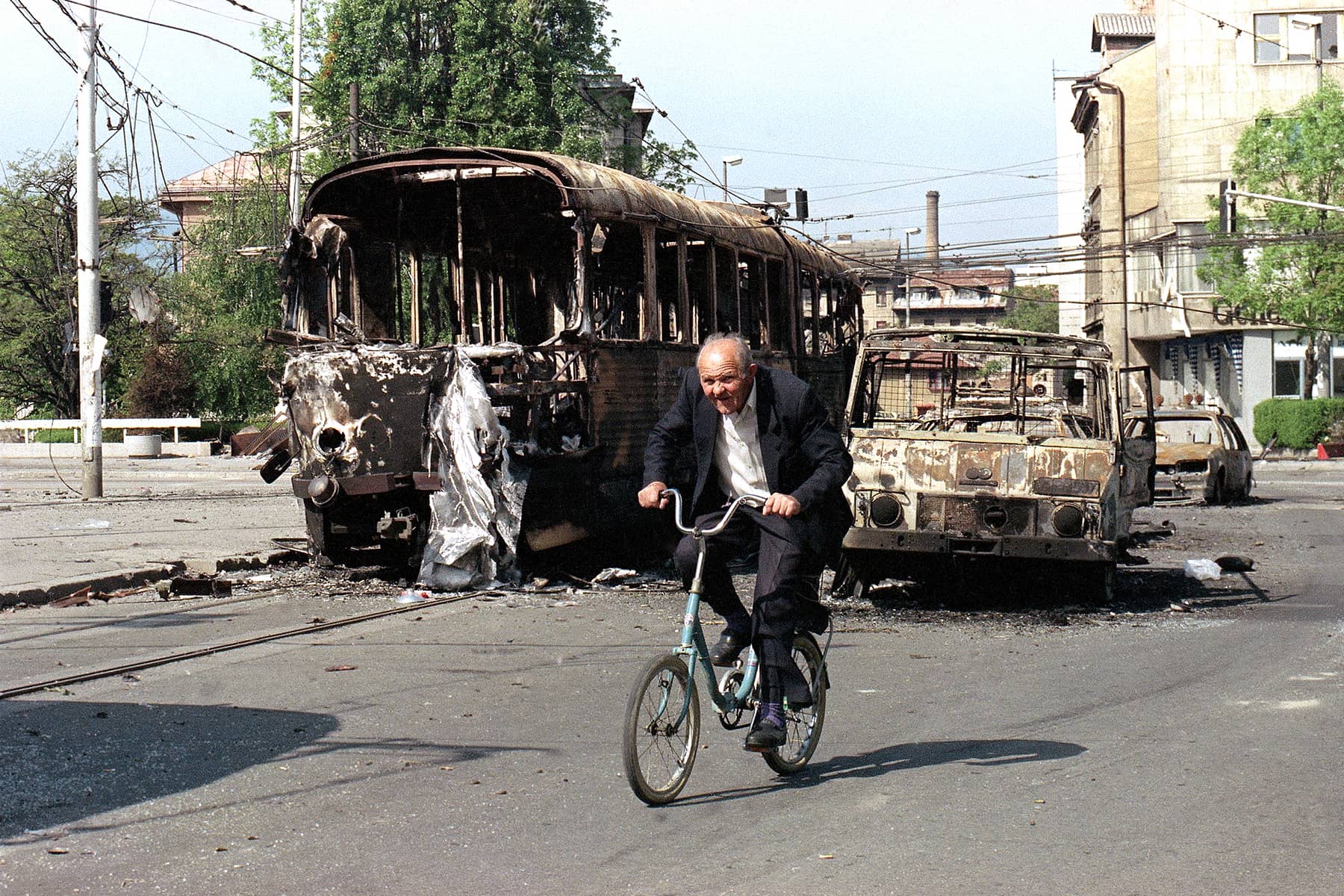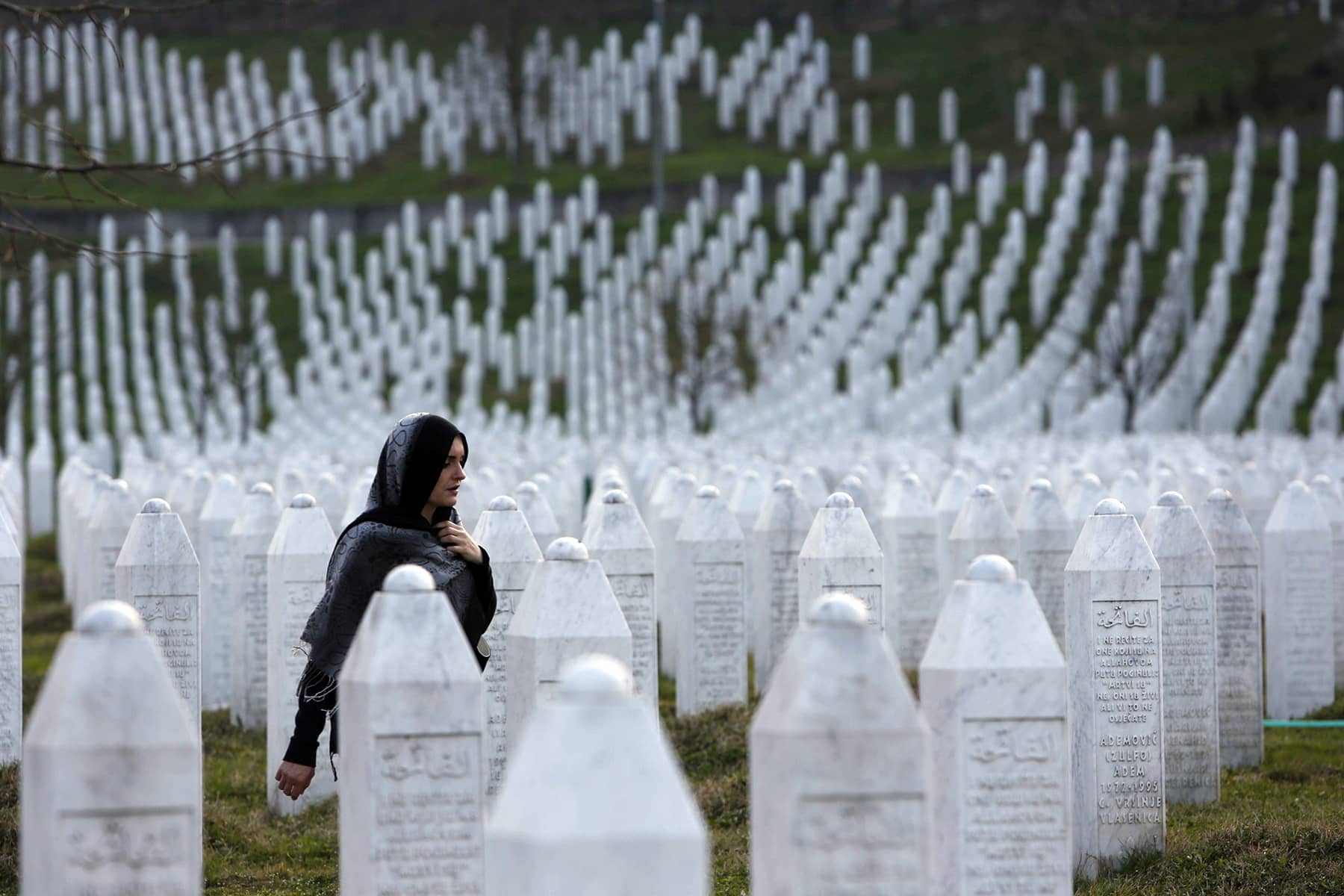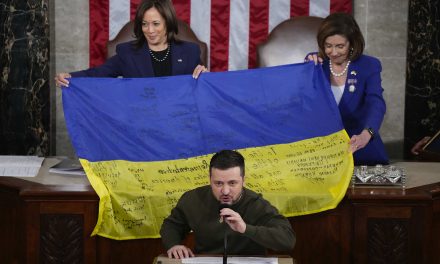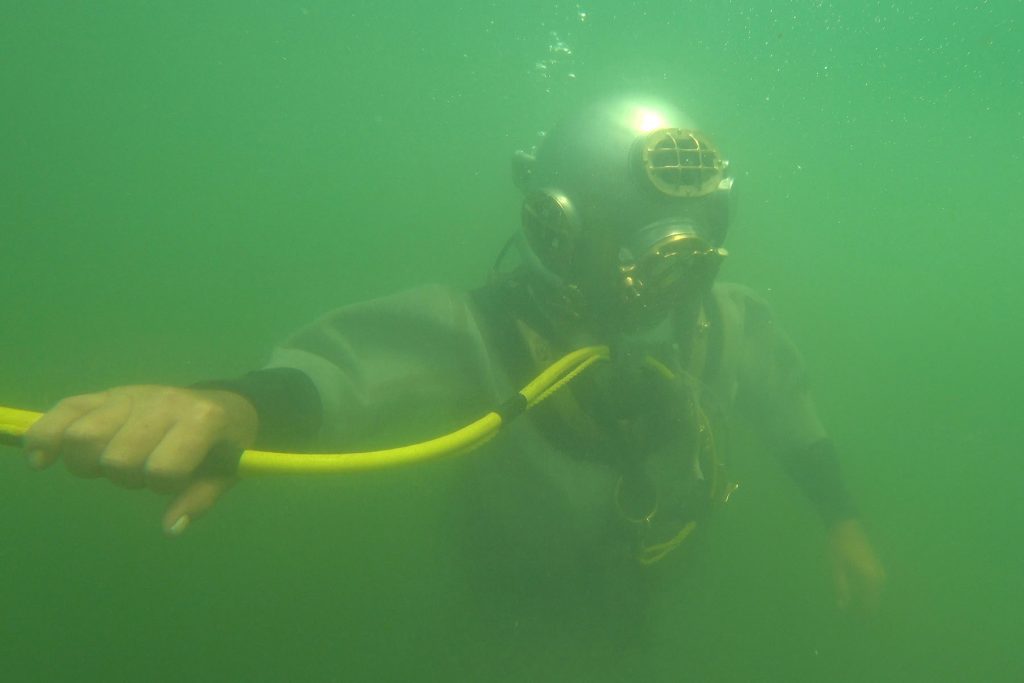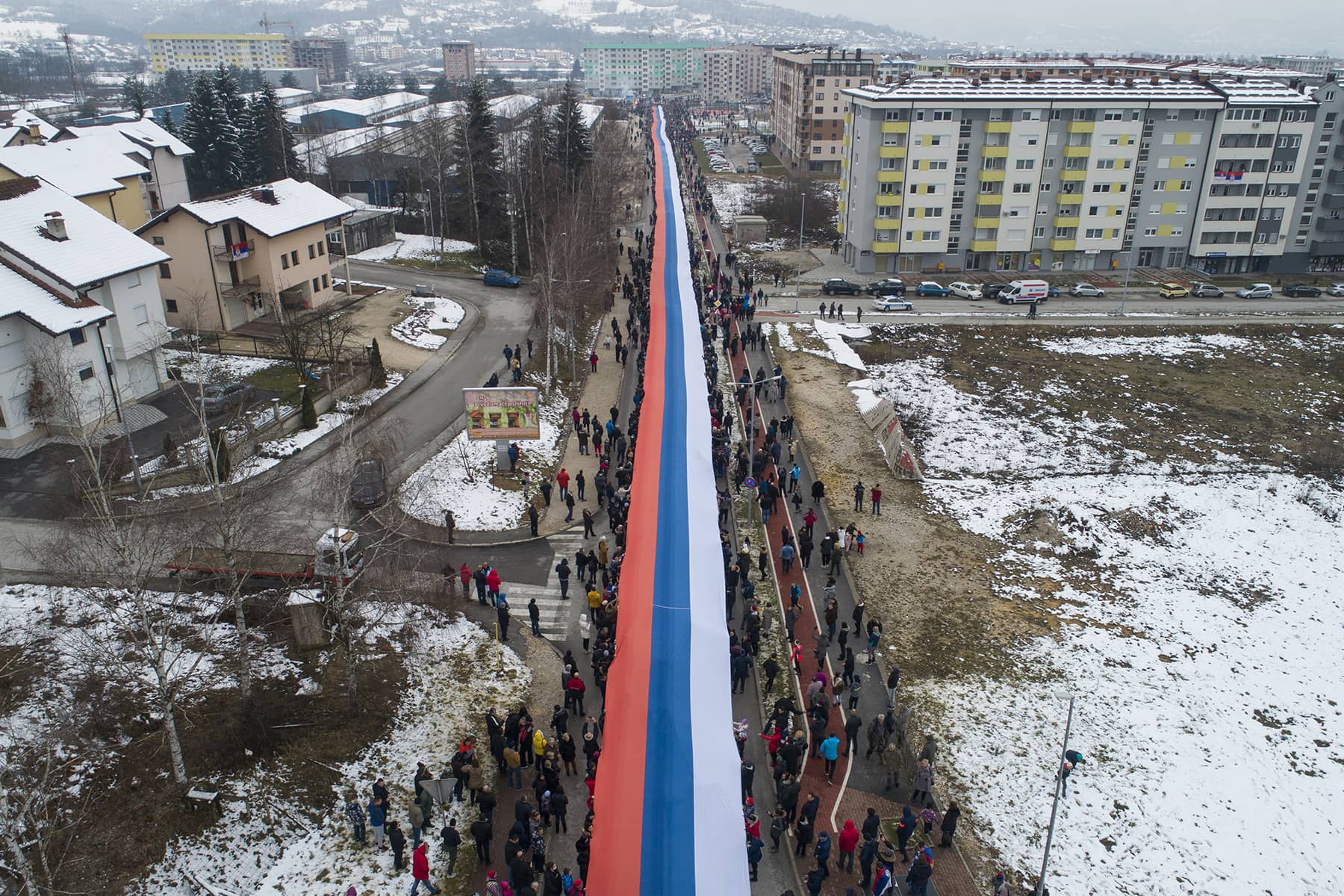
By James Horncastle, Assistant Professor and Edward and Emily McWhinney Professor in International Relations, Simon Fraser University; and Jack Adam MacLennan, Assistant Professor of Political Science and Graduate Program Director for National Security Studies, Park University
International politics is usually discussed in terms of historical periods associated with specific characteristics. Think of the Cold War adversaries, wars fought for ostensibly humanitarian reasons in the 1990s, or the focus on terrorism and state-building during the War on Terror.
For many, including the United States government, Russia’s invasion of Ukraine marks the beginning of a new period of superpower showdowns. We have entered a world where large, militarily powerful states will wrestle for influence, recognition and control over what they see as important elements of the international system.
Thinking in categories, however, hides the fact that international politics unfolds cumulatively. Simmering tensions and outdated political agreements often create the conditions for future conflict. Including today.
Russia’s invasion of Ukraine is tied to the history of both states and the ongoing conflict that followed the annexation of Crimea in 2014. For many, the current war is a continuation and escalation of an existing conflict.
But there are other places where Russia could use either political or military might to expand its influence.
Rather than see Russian actions in Ukraine as unique, we need to remember there is a wider context within which Russia will work to achieve its goals. Regardless of what comes of the war in Ukraine, there are other places that Russia might be eyeing.
Bosnia-Herzegovina at risk?
Located in the Balkans, Bosnia-Herzegovina is by far the most important example. The Republika Srpska, a Serb province within Bosnia created at the end of the Bosnian War, celebrated its 30th anniversary on January 9, 2022. The province’s leadership has pushed for increased autonomy and perhaps even independence.
The looming Ukraine crisis overshadowed this, but the tensions are related. Russia’s ambassador to Bosnia-Herzegovina, Igor Kalbukhov, and Serbia’s prime minister, Ana Brnabic, attended events to commemorate the anniversary together.
Bosnia-Herzegovina and Ukraine are connected because both are places where Russia believes it can achieve its desire to be recognized as a global force.
In Ukraine and Georgia, Russia has ostensibly fought for Russian speakers. In Bosnia-Herzegovina, Russia’s historical ties to the Serbs — due to their shared Slavic and Orthodox heritage and their alliances during the First and Second World Wars — provide a similar justification.
The Dayton accords, the treaty that ended the war in Bosnia-Herzegovina in 1995, is showing its age, and the outcome of that war could now play a role in another competition between Russia and the West.
Peace was celebrated at the time, but has proven to be a failure. War between ethnic groups ended and a loose federal government was created, but actual reconciliation between Serbs, Croatians and Bosnians did not ensue.
This means that Russia could claim it must use its power to protect a subjugated ethnic group. Like Russian speakers in Ukraine and Georgia, Serb political demands could become a pretext for Russian action.
Non-existent state-building
Ethnicity plays an important role in Bosnian politics because people think of their needs, challenges and opportunities in ethnic terms.
State-building — the process states go through as they create the systems and institutions that allow them to serve their population — has been limited, leaving people to lean on ethnic parties for support.
Bosnia’s failure means two things. Civil conflict spilling over Bosnia’s borders could re-emerge if tensions rise, and Russia could align its goal of exerting further influence on European politics with Serb calls for self-determination. Given Bosnia’s position on the European Union’s flank, this poses a security risk for the EU.
In short, Russia has a ready-made situation that allows it to use diplomatic, political, or even military power to further its efforts to compete against western influence.
This could involve increased political or economic support for Bosnian Serbs, support for Serb forces should conflict break out or even conducting a military operation labelled as “peacekeeping.” This final possibility is actually what Russia argued it was doing when it invaded Georgia in 2008.
The stakes are high. Bosnia’s last civil war resulted in 100,000 people killed and nearly 2.5 million people displaced, either inside the country or forced to flee as refugees.
This humanitarian catastrophe occurred during a time when the international community was relatively unified behind the United States and the Americans were able to pressure the various parties into reaching a settlement at Dayton. Unquestioned American dominance is not the case today.
Difficult to manage
Conflicts like the one in Ukraine or a potential conflict in Bosnia occur at the seams between areas that great powers influence. This means they are not easily managed short of escalation to all-out war. Globally, another world war seems to be the only thing that competing powers share an interest in avoiding.
For Ukrainians, and perhaps Bosnians, this means that while the West and Russia may compete over them, they will simultaneously seek to avoid direct conflict with one another. That can create protracted and interminable regional wars.
Direct intervention is not the answer — state-building is. If we want to stabilize our world and prevent the types of atrocities we are seeing every day in Ukraine, the work must be done now. It will not be easy, as past failures indicate, but only by attempting to solve the quagmire that is state-building can we hope to avoid these tragedies in the future.
Аmеl Еmrіc and Sаntіаgо Lyоn
Originally published on The Conversation as Bosnia-Herzegovina could be the next site of Russian-fuelled conflict
Support evidence-based journalism with a tax-deductible donation today, make a contribution to The Conversation.

